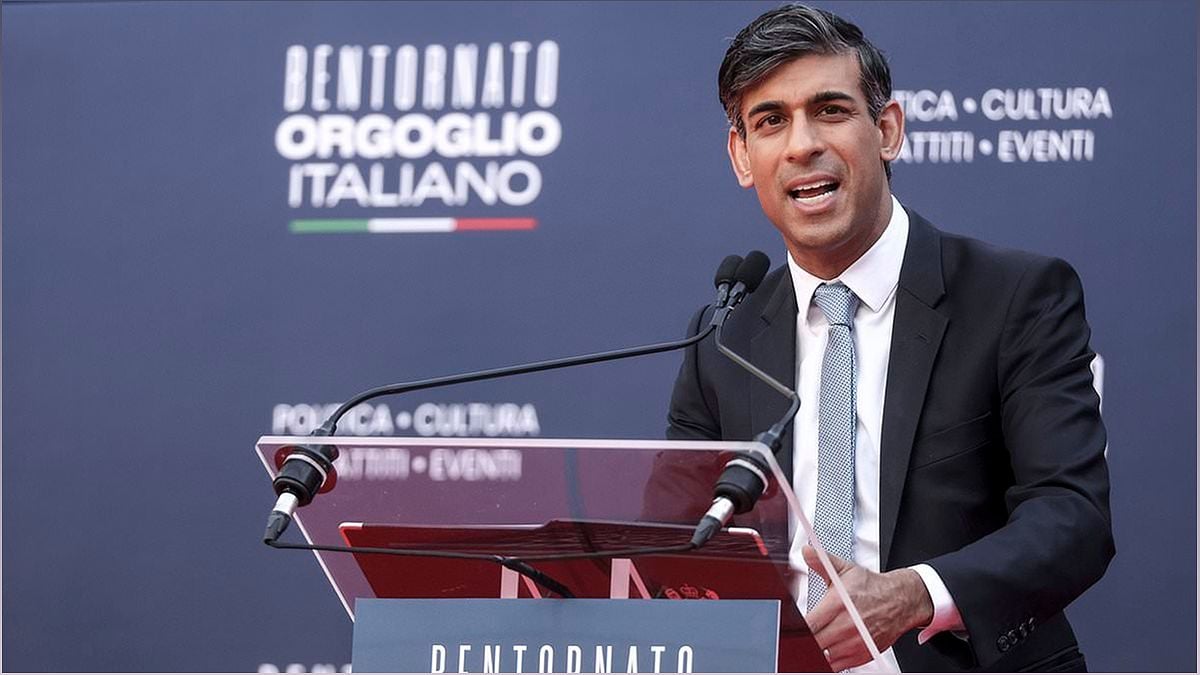Countdown to the Next General Election: What You Need to Know
The countdown to the next general election in the UK has begun, and it’s crucial to stay informed about the key dates and potential scenarios. With exactly a year to go until the current session of Parliament must end, there are important considerations to keep in mind. Find out when the latest possible date for the election is, the role of the Prime Minister in calling for an election, and the potential timing for polling day. Explore the implications of different scenarios and the impact on candidates and voters. Stay up-to-date with the Dissolution & Calling of Parliament Act 2022 and the possibilities it presents. Don’t miss out on the latest developments as we approach this significant event in the UK’s political calendar.
Key Dates and Deadlines
The countdown to the next general election in the UK has officially begun. With exactly a year left until the current session of Parliament must end, it’s essential to understand the key dates and deadlines.

According to the Dissolution & Calling of Parliament Act 2022, December 17, 2024, is the latest possible date for proceedings in Westminster to finish. If a general election has not been called by this date, Parliament will be dissolved automatically, and an election must take place within 25 working days.
However, it’s important to note that Christmas Eve, Christmas Day, Boxing Day, New Year’s Day, and the Scottish Bank Holiday on January 2 are not counted when calculating the 25 days. This means that the latest possible date for the next general election is Tuesday, January 28, 2025. Polling day would likely be on January 23, 2025, as elections in the UK typically take place on a Thursday.
Prime Minister Rishi Sunak has the option to call an election before the maximum date. To do this, he would need to seek permission from the King to dissolve Parliament ahead of schedule. The dissolution date is fixed as December 17, 2024, as it marks five years since Parliament first met following the most recent general election in 2019.
Potential Scenarios
While the latest possible date for the next general election is in January 2025, there are several potential scenarios that could unfold before then.
Calling an Election Before the Maximum Date
Prime Minister Rishi Sunak has the authority to call an election before the clock runs out. One possibility is that he could choose to call an election in late autumn, possibly using the next Conservative party conference in late September or early October 2024 as a platform to launch his campaign. This would also coincide with his second anniversary as prime minister, falling on October 25, 2024.
Another option is to align the general election with the local and mayoral elections in England, which are scheduled for Thursday, May 2. This would provide an opportunity to consolidate voting efforts and potentially increase voter turnout.
Waiting Until After the Local Elections
Former Conservative prime minister Margaret Thatcher preferred to hold general elections a month or so after the local elections. This pattern was observed in both 1983 and 1987, with polling day taking place in early June. It remains a possibility that the next general election could follow a similar timeline.
Ultimately, the timing of the next general election will depend on various factors, including political strategy, public sentiment, and the Prime Minister’s decision-making.
Implications for Candidates and Voters
The timing of the next general election can have significant implications for both candidates and voters.
If the election takes place in late January 2025, it would mark the longest interval between UK general elections since the Second World War. The current record stands at five years and 22 days, between the 1992 and 1997 general elections. A January 2025 election would surpass this record, with a period of five years and 42 or 47 days since the 2019 general election, depending on the polling day.
For candidates, a late January election would mean campaigning throughout the Christmas period, which may present challenges in terms of voter engagement and participation. On the other hand, an earlier election in late autumn or early summer could provide candidates with different opportunities to connect with voters and shape their campaigns accordingly.
Voters, on the other hand, will need to stay informed and engaged as the election approaches. Understanding the potential dates and scenarios can help voters make informed decisions and actively participate in the democratic process.
